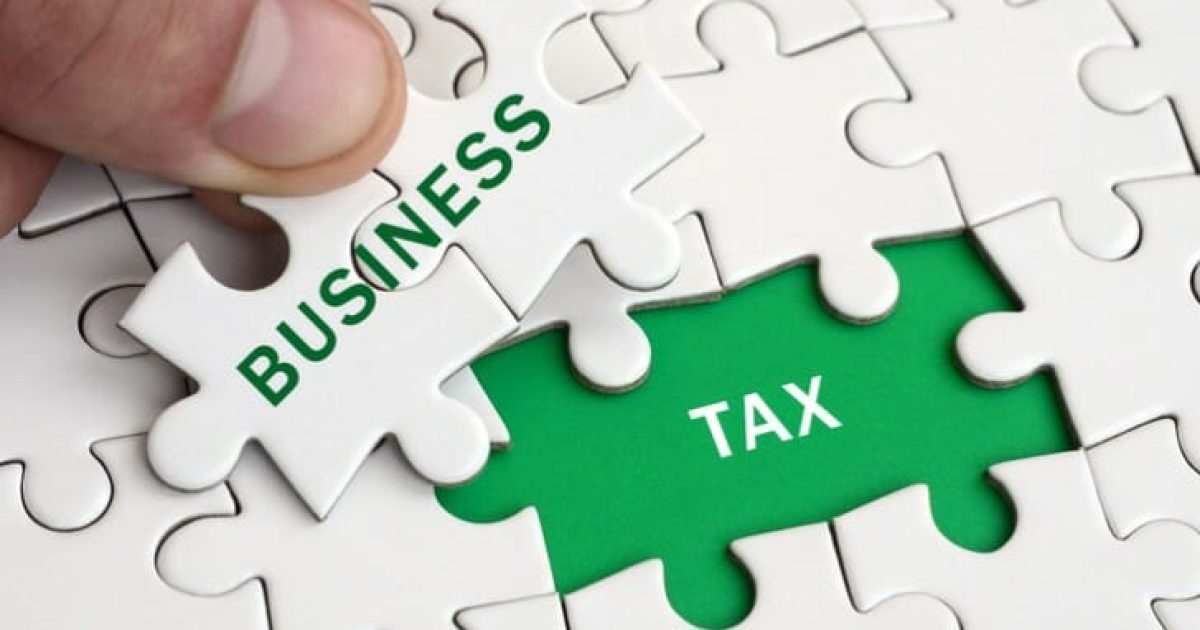The FBT period ending 31 March 2015 is about to wrap up this month, and employers will be gearing up to have the FBT return completed and ready for lodgment (usually on 21 May). To assist you with completing the FBT return and collating the relevant information, please find below a list of crucial things to consider for effective tax planning.
Common errors identified by the ATO on FBT audits or reviews:
- Applying the wrong transitional statutory rates for car benefits (key date of 10 May 2011 for car purchase date)
- Assuming that cars garaged at the employee’s home are FBT exempt
- No car logbook – you can not use the operating cost method without a logbook. This can substantially increase FBT if you don’t have a logbook
- Failing to recognise that employee contributions are taxable to the employer for income tax and GST is payable
- Directors are employees of the company and are also subject to the FBT rules
- Reportable fringe benefits amounts must be reported on the employee’s payment summary where certain conditions are met
- Reduction for no private use for cars can only be allowed when the car is not available to them for the entire day (the part day does not count)
- Not getting employees to complete relevant declarations
Get employees to sign off on relevant declarations:
- Car odometer declaration
- Loan benefit declaration
- Fuel and oil expenses declaration
- Living away from the home declaration
- Exempt Vehicle declaration (certain ute and panel vans)
- Residual no private use declaration – company car with $Nil FBT
Exempt Expenses Checklist (where no FBT is payable)
- minor benefits and infrequent benefits (i.e. less than $300 GST inclusive)
- use of property located on the business premises
- food and drink consumed on the business premises on a working day
- some relocation expenses
- the provision of newspapers and periodicals used for business purposes
- specific staff counselling, including outplacement services
- emergency assistance
- incidental use of ‘workhorse’ vehicles
- Exempt work-related items (conditions apply):
- mobile phones provided they are primarily for use in the employee’s employment
- items of protective clothing required for the employee’s employment
- a briefcase
- a calculator
- a tool of the trade
- an item of computer software for use in the employee’s employment
- an electronic diary or similar item, and
- a notebook, laptop, or similar portable computer (limit of one per employee per year).
- exempt fees and subscriptions for an employee’s
- subscription to a trade or professional journal
- membership for a corporate credit card, or
- membership fees for an airport lounge membership
Should you have any questions or want to know more about FBT, please do not hesitate to contact us.
*Correct as of March 2015
Disclaimer – Kreston Stanley Williamson has produced this article to serve its clients and associates. The information contained in the article is of general comment only and is not intended to be advice on any particular matter. Before acting on any areas in this article, you must seek advice about your circumstances. Liability is limited by a scheme approved under professional standards legislation.














